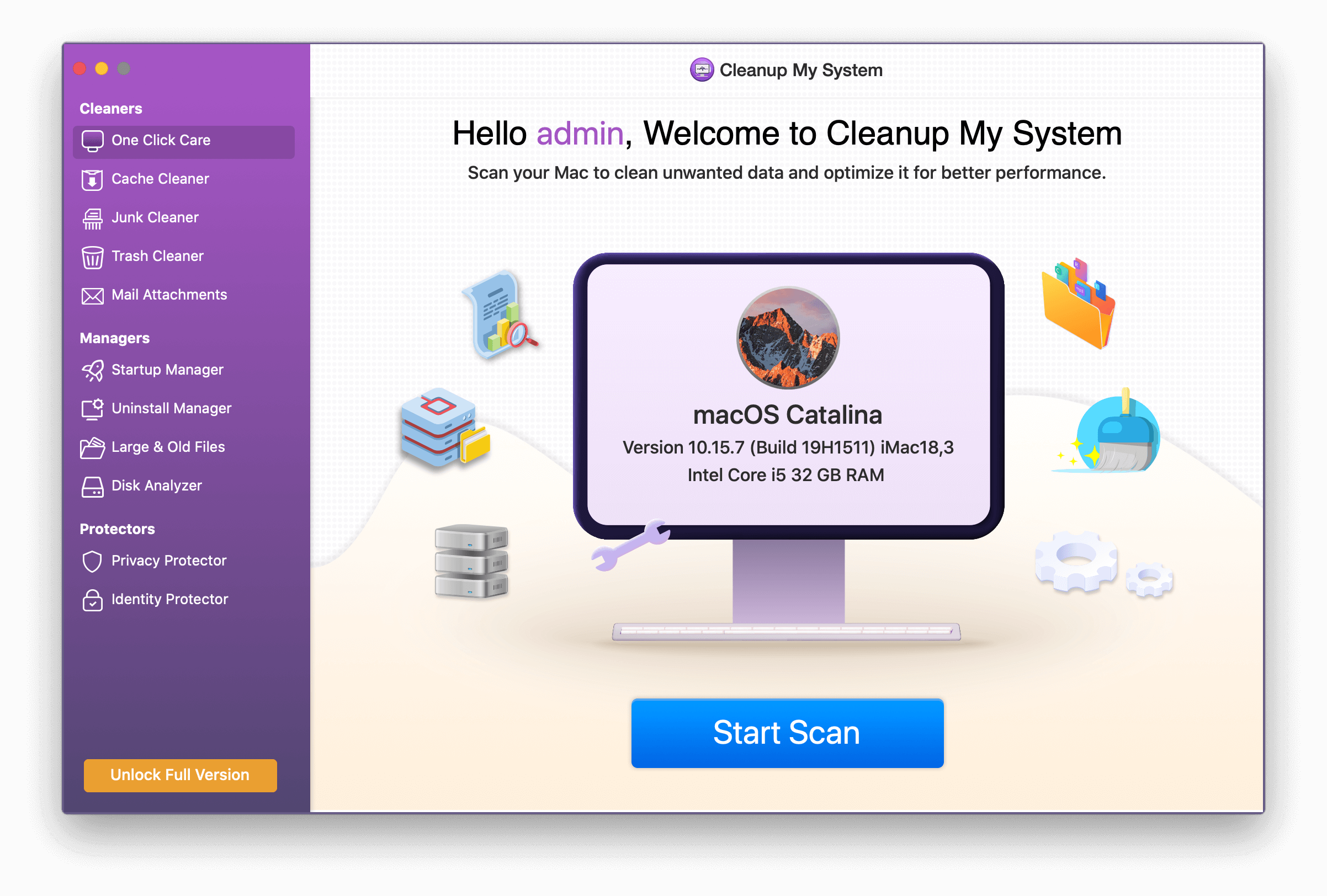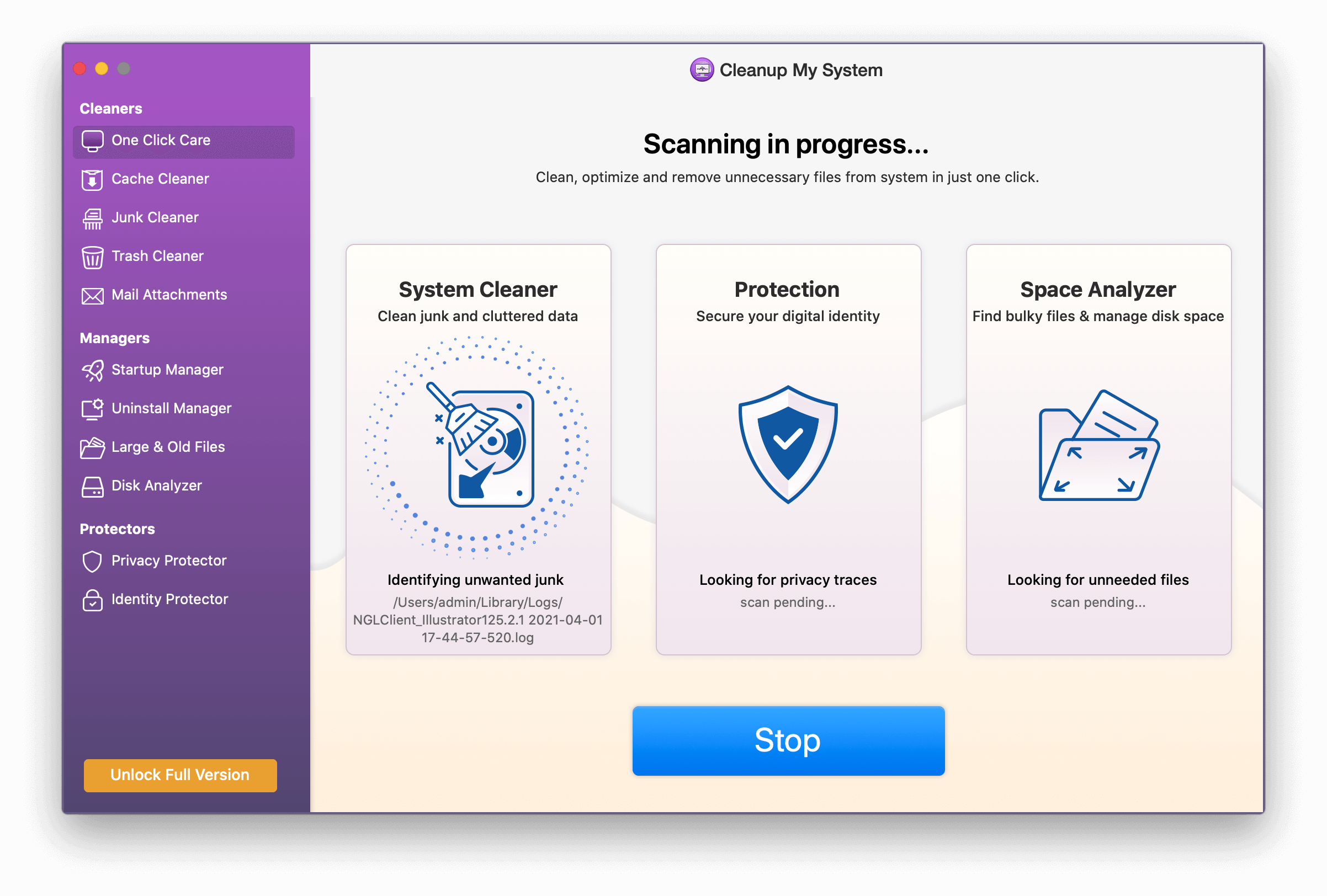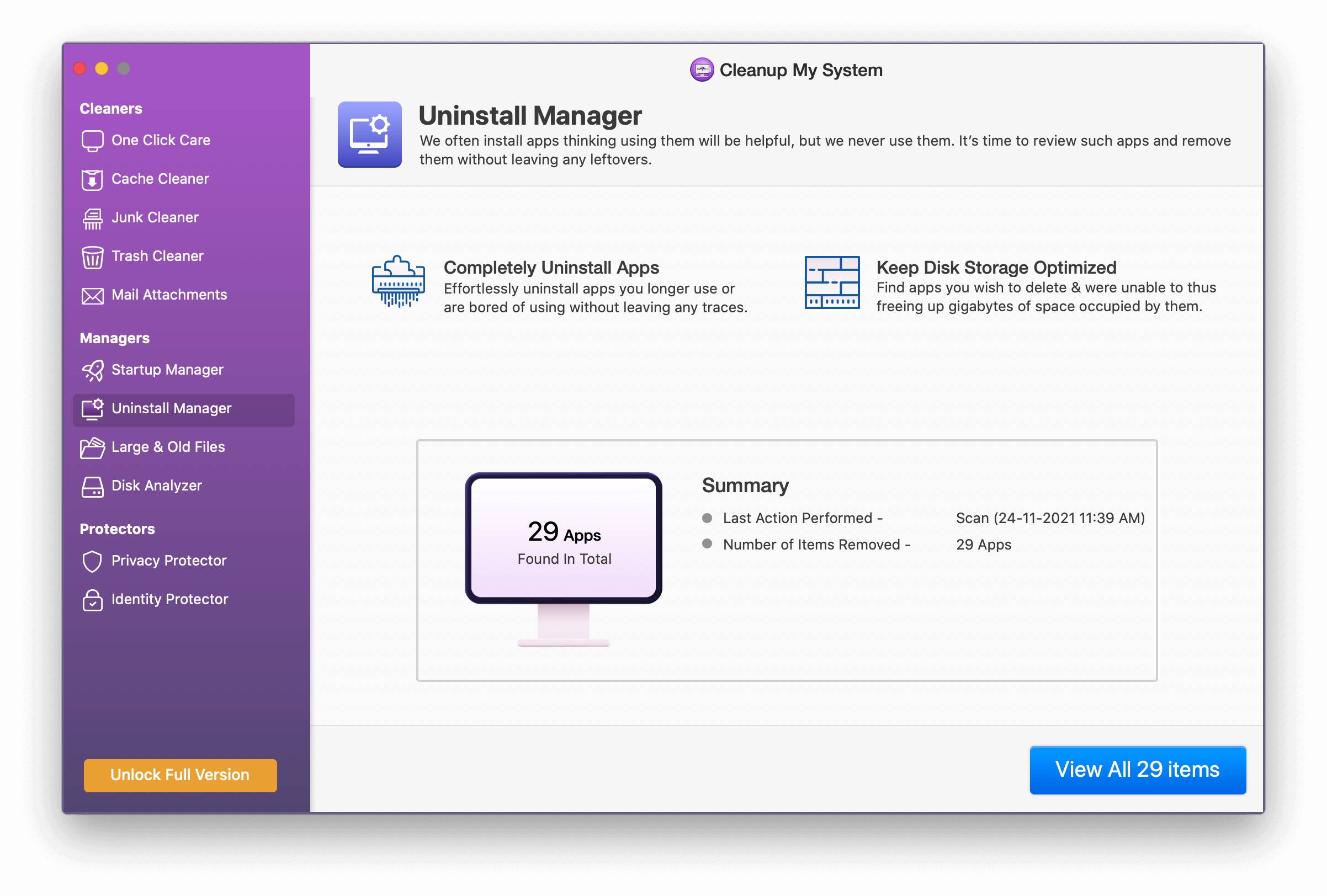Some of the potential reasons for “Your system has run out of application memory” errors on your Mac are being discussed in this article. Here, we will talk about the most effective course of action to resolve the problem. This error might be your Mac’s after-effect, having accumulated too much memory in a swap, and the hard drive has run out of free storage space.
Also Read: Unable To Update Apps on macOS? Here’s the Fix!
How To Fix Your System Has Run Out of Application Memory Issue
There can be a few reasons behind this issue, and therefore we have covered several solutions. Read the following methods for determining which option is best for you.
1. Restart Your Mac
You can Restart your Mac which stops space-hogging applications when your system has run out of application memory. If you do not reboot your Mac periodically, it stores data like cookies and caches, which eat up application memory. Restarting the computer clears the RAM or caches, making your Mac run faster.
This is a temporary but effective solution to the memory leak issue.
- To access the Apple menu, choose the icon that appears in the upper-left corner of the screen. After that, select Restart from the drop-down menu to restart your macOS.

Must Read : How to Fix High CPU Usage on macOS (5 Methods)
2. Force Quit Applications
When all application memory has been consumed on a Mac, Force Quit Applications window appears. Select the unused applications and click on Force Quit to terminate memory-hogging processes. Alternatively, you can force quit multiple applications using Activity Monitor.
Step 1: Launch Finder from the Dock.
Step 2: Locate the Activity Monitor icon and double-click it.
Step 3: In the Memory pane, click the Force Quit or Quit button next to the program you want to close abruptly.

3. Clean Your Mac
The “your system has run out of application memory” warning is more likely a long-term issue. If so, you should consider clearing up your Mac’s disc space.
There are several ways to clear up space on Mac, but it takes time to discover each useless file. Alternatively, Cleanup My System can help you clean your disc space with only a few clicks.
Cleanup My System, a Mac cleaning application, offers simple solutions to optimize your Mac. It automatically analyzes junk files. It can also deal with the junk files that chews up a lot of space on your Mac and shows errors such as- Your system has run out of application memory.
The following is a list of some of the features of Cleanup My System.
- One Click Care– Clean and optimize your Mac with a single click.
- Privacy Protector – The quickest and most effective method for securing online surfing data.
- Uninstall Manager – Installed apps may be managed and uninstalled efficiently.
- Startup Manager – Launch agents and deactivate unwanted login items
- Identity Protector – The most convenient way to keep track of previously stored passwords
- Large and Old Files – It has a module for finding and removing huge and unnecessary files.
Using Cleanup My System to clean up your Mac is easy:
Step 1: Download Cleanup My System on your computer
Step 2: Complete the installation and run the application on your Mac.

Step 3: Click on the Start Scan button to run the analysis of your Mac.

The scan will show the results under different categories – System Cleaner, Protection, and Space Analyser. Clear them and free up the storage space on your Mac.
4. Uninstall Unwanted Applications –
It is important to get rid of unwanted applications and their associated files, which might be hindering other important applications and their functions. Cleanup My System can easily uninstall applications and free up disk space that may be utilized to store other vital data.

Click on the Uninstall Manager and select the applications from the list of applications present on your Mac.
5. Limit Memory Used by Finder
Limiting Finder’s memory usage is another smart habit. When launching Finder, you can see the default as All My Files. It then searches all your files upon browsing and keeps the paths to all your files in RAM, leaving less memory for apps.
To save memory, don’t let Finder open with all your files. To do so, you must:
Step 1: Click on the Finder icon in the upper left corner of the screen. Choose Preferences.

Step 2: Select a folder from the list under General. Select a location other than All My Files or Recents from this option.

Step 3: Click on Finder icon in the Mac dock while holding down the Control key. Select Relaunch from the drop-down menu.
6. Organize Your Desktop
You can avoid the notification from reoccurring by developing excellent habits when using your Mac.
Some of you may choose to save files and images locally, but this can slow your Mac. On macOS, every desktop icon is an active window. As Mac’s desktop icon count increases, so do its usage. To lessen the “your system has run out of program memory” message, organize or delete unnecessary files from your desktop.
Create a folder and drag your documents, photographs, audio, and other things into it to arrange your desktop.
Also Read : 10 Best Remote Desktop Apps for Mac To Try In 2022
7. Update macOS
Finally, check for any pending macOS updates. Most Mac issues can be fixed by updating macOS. If you face any problems with the latest update, Apple fixes them. To update your macOS, follow these steps.
Step 1: Select the Apple menu. Choose Help > Software Update.

Step 2: Check if the Upgrade or Update option is available and click on it to update macOS as directed.
This might be able to fix your error message easily – Your system has run out of application memory.
Conclusion
If you are using a Mac, keep an eye on your memory consumption and macOS updates to ensure that everything runs smoothly. The first advice line is to restart your Mac and clear the junk files and unwanted applications. However, these are only temporary fixes because the problem can repeat after rebooting your computer. It is preferable to check disk space in advance and use third party application to optimize your Mac. We recommend using Cleanup My System to clean up your Mac by eliminating trash files, uninstalling applications, and managing extensions.
We hope the article was helpful for you in fixing the ‘Your system has run out of application memory’ error on Mac. We would like to know your views on this post to make it more useful. Your suggestions and comments are welcome in the comment section below. Share the information with your friends and others by sharing the article on social media.
We love to hear from you!
We are on Facebook, Twitter, Instagram, and YouTube. Please let us know of any queries or suggestions in the comments section below. We love to get back to you with a solution. We regularly post tips and tricks and answers to common issues related to technology.
Related Topics –
Location Services not Working on Mac? Here’s how to fix it!
MacBook Air Not Charging? Here’s the Fix!
How To Download Audio From YouTube On Mac



 Subscribe Now & Never Miss The Latest Tech Updates!
Subscribe Now & Never Miss The Latest Tech Updates!